AI is replacing advocates — is there a real threat to the profession?
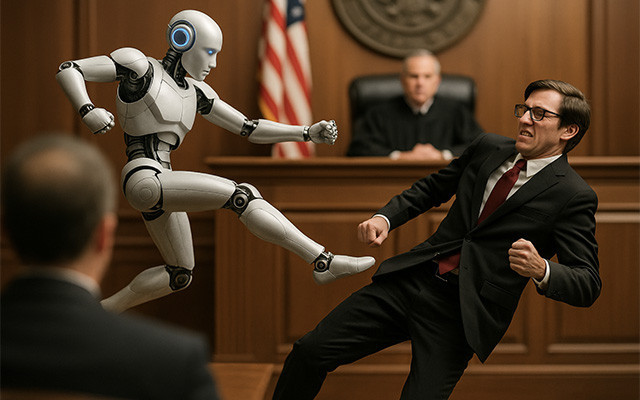
Artificial intelligence is entering courtrooms. For those who represent themselves, it has already become a benchmark in procedures and an assistant in forming legal positions. At the same time, for advocates, this is a new era in which AI provides preliminary analysis, searches for case law, and structures materials.
Journalists from NBC News investigated the issue of AI use in courts. They interviewed citizens, advocates, representatives of non-governmental organizations, developers of startups and companies working with legal databases, and shared several interesting stories.
Simplifying access to justice
For people who cannot afford to hire an advocate, artificial intelligence has become a real help in preparing for court. Journalists note that more and more citizens in the USA are using ChatGPT to draft procedural documents, analyze legislation, and build a legal position, foregoing the services of a professional advocate.
There are already successful examples. Journalists describe the story of a California resident who lost an eviction case that was handled by an advocate. But with the help of ChatGPT and the Perplexity system, she was able to prepare an appeal on her own, get the court order overturned, and avoid paying more than $70,000 in fines and overdue rent. She sent documents to artificial intelligence, receiving tips on possible procedural errors and the correct wording of arguments.
Another woman, a small business owner from New Mexico who owed a certain amount of money, used ChatGPT to check the logic of her arguments and refine them. Thanks to this, she managed to reach a favorable settlement agreement. Interestingly, after the trial, her opponents even praised her knowledge of law and court procedures, writing that if she was interested in law as a profession, she could easily do this job.
Such examples, according to journalists, show that even the basic version of ChatGPT or its commercial analogues open the way for many citizens to legal protection, which previously remained unattainable without the help of a professional lawyer. Thus, for such independent participants in the process, AI becomes a virtual assistant that creates a sense of equal opportunities with advocates.
At the same time, the experts surveyed emphasize that the successful use of ChatGPT does not eliminate the need for legal knowledge and does not replace qualified legal assistance. This is because most cases are too complex for AI to independently understand the context and provide a sufficiently high-quality analysis.
A challenge and a resource for advocates
AI is hardly a threat to professional lawyers. It also works as an assistant, but in a different capacity. This includes preliminary analysis, searching for case law, testing hypotheses before writing legal conclusions, and quickly structuring processed materials. With proper control and confidentiality, such tools can significantly increase the efficiency of an advocate's work.
However, as is well known, without human control, generative artificial intelligence systems are capable of producing unreliable data, fabricated quotes, and non-existent court decisions.
At the same time, incidents involving AI hallucinations do not only happen to ordinary citizens. Journalists cite an example in California where a lawyer was fined $10,000 for an appeal in which 21 of 23 quotes from court decisions were generated by ChatGPT.
The lawyers surveyed believe that such errors are the result of a lack of proper verification. They emphasize that AI can only help if the lawyer is able to recognize fabrications and analyze context.
Careless use of AI can be recognized by references to non-existent cases, «empty» template phrases left in the text, or even emojis and formatting that are completely inappropriate for procedural documents. Therefore, just as a law firm reviews the work of a junior lawyer, an advocate must review everything that artificial intelligence creates.
Lawyers, while sharply criticizing the careless use of AI in courts, do not oppose its use in general. On the contrary, many of them express cautious optimism about the introduction of such technologies into legal practice, provided they are used by specialists.
The full article «These people gave up on advocates and turned to ChatGPT in court» can be read in the original language at this link.
Popular news
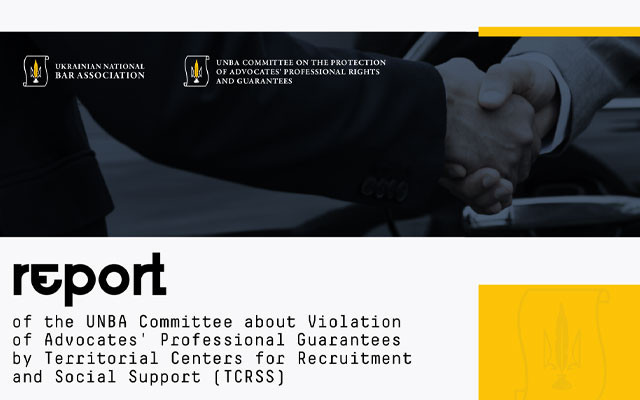
Guarantees of the practice of law
The UNBA presented a report on violations of advocates' rights in the TCC
The Committee for the protection of advocate's rights and guarantees of legal practice of the UNBA has prepared a consolidated report on violations of advocate's professional rights and guarantees of legal practice by territorial recruitment and social support centers for the period from 2022 to the first half of 2025.
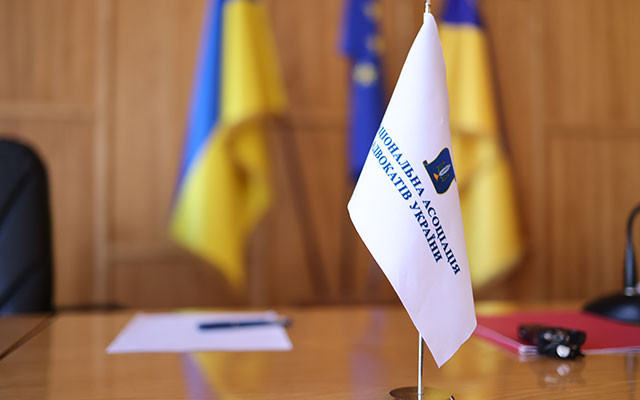
Self-government
Statement by the UNBA Committee regarding manipulative journalistic material
Statement by the UNBA Committee on information policy and interaction with the media regarding manipulative journalistic material aimed at discrediting the advocacy institution.
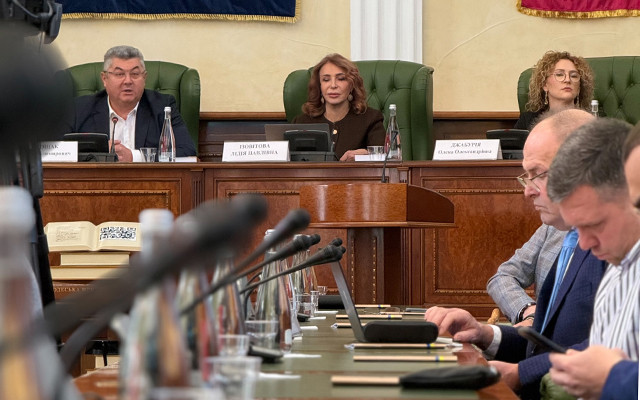
Guarantees of the practice of law
L. Izovitova: today advocacy maintains its independence and fights for guarantees for the profession
The Ukrainian advocacy remains an independent, constitutionally recognized institution of justice, which, in the conditions of war, has not only retained its subjectivity, but also consistently fights for guarantees to protect the profession.
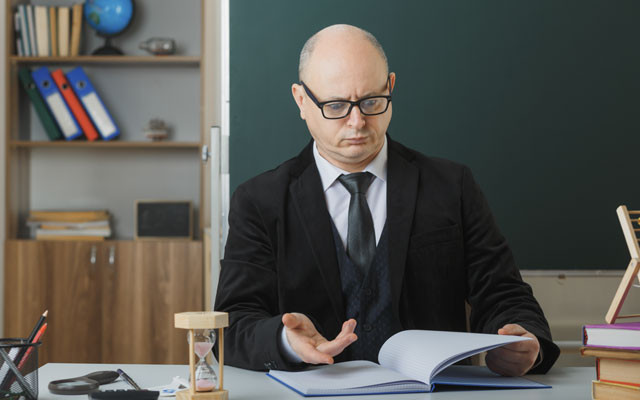
Access to the profession
For candidates for the advocate: BCU has reminded them of the rules for crediting teaching experience
For the purposes of admission to the qualification exam, a candidate's work in scientific and teaching positions may be counted as experience in the field of law only if the position requires legal education.
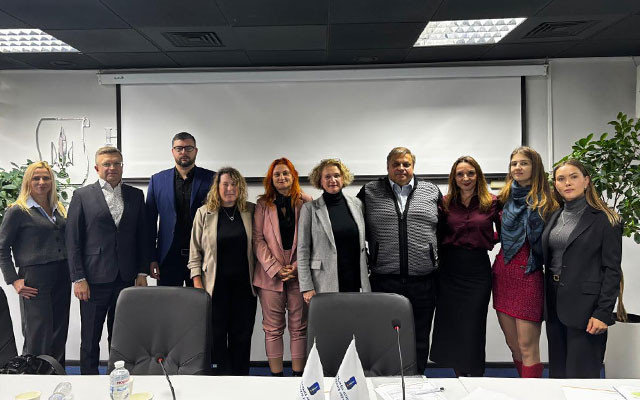
Discussion
Urban Planning Code: what should the new rules for rebuilding Ukraine be?
Does Ukraine need separate codification in the field of urban planning, which model of law to choose, and how to ensure a balance between the interests of the state, communities, businesses, and citizens in the context of post-war reconstruction?
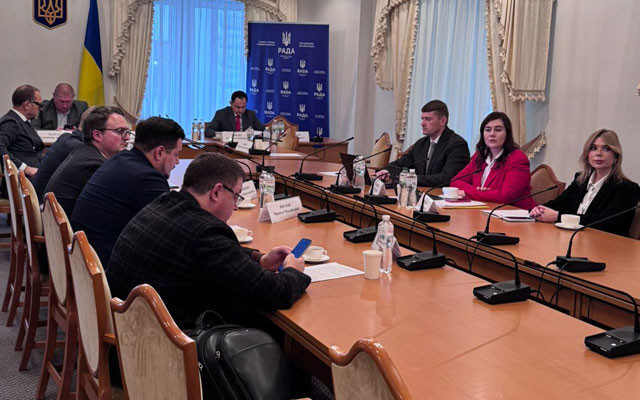
Guarantees of the practice of law
The Verkhovna Rada took another step towards ratifying the Convention on the protection of the profession of advocate
On November 5, the Verkhovna Rada held a working meeting dedicated to the translation of the Council of Europe Convention on the protection of the profession of advocate for its subsequent signing and ratification. The issue was initiated by the Ministry of Foreign Affairs, which drew attention to the key term «lawyer» in the international treaty.
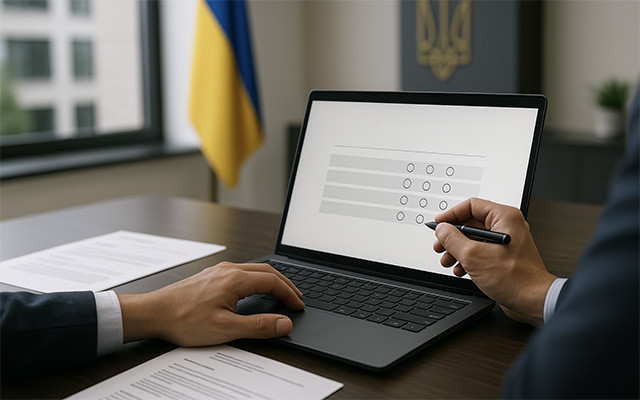
Interaction
NACB is looking for corruption risks in its activities. Advocates are asked to help
The National Anti-Corruption Bureau of Ukraine has launched a survey aimed at gathering information to identify corruption risks in the activities of the National Bureau and prepare an Anti-Corruption Program for 2026–2028.
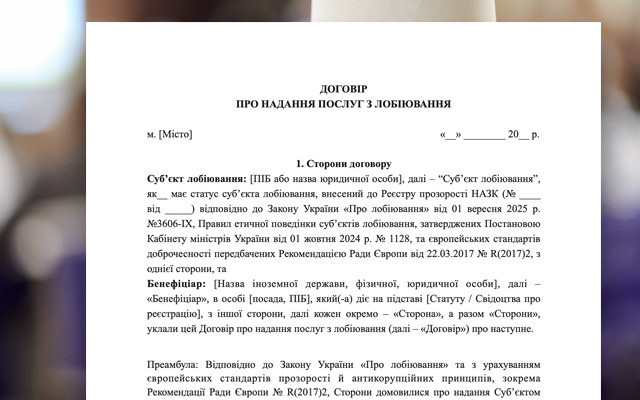
Interaction
Agreement on the provision of lobbying services: a template for advocates has been developed by the UNBA
The Ukrainian National Bar Association has prepared a model agreement for the provision of lobbying services that complies with the requirements of the relevant law and takes into account the specific features of such activities carried out by persons providing legal assistance.
Publications

Censor.net Protecting advocates – protecting justice: addressing concerns about the new law

Ihor Kolesnykov A BRIEF SUMMARY REGARDING THE APPLICATION OF THE ORDER ON EXTENDED CONFISCATION IN LATVIA REGARDING FINANCIAL ASSETS OF…

Valentyn Gvozdiy WORKING IN A WAR ZONE

Lydia Izovitova Formula of perfection

Sergiy Vylkov Our judicial system is so built that courts do not trust advocates

Iryna Vasylyk Advocacy in the proclamation of Independence of Ukraine

Oleksandr DULSKY When we cross the border of the Supreme Anti-Corruption Court, we get into another department of the National Anti-Corruption…

Vadym Krasnyk The UNBA will work, and all obstacles and restrictions are only temporary inconveniences
